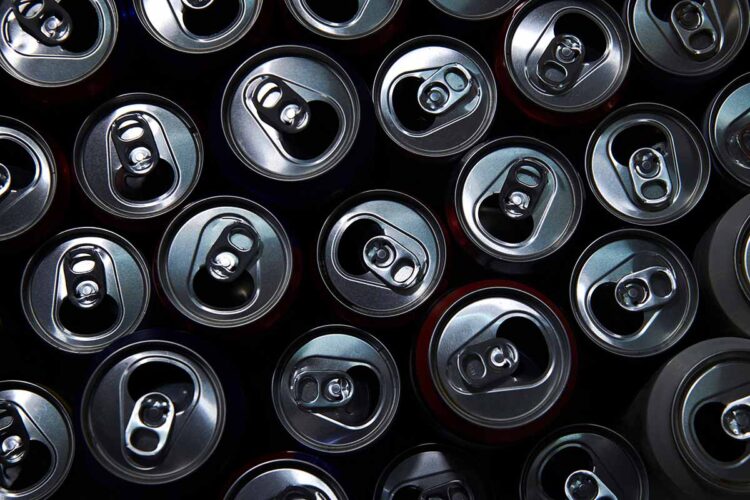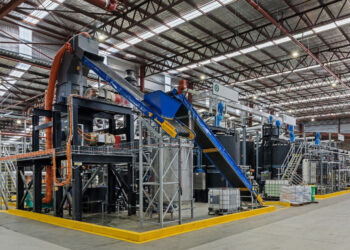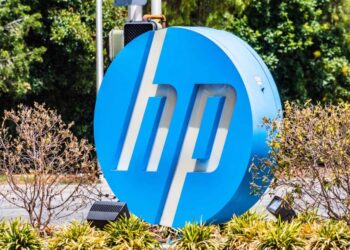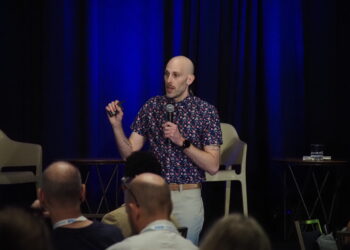In endorsing a strategy to reduce greenhouse gases and limit global warming, aluminum producers say boosting UBC recycling rates will play a central role. Meanwhile, Novelis, the largest UBC recycling company in North America, provided updated details on its “green bond” spending.
The following are more details on the UBC-related announcements.
CMI says recycling key to climate strategy
The Can Manufacturers Institute (CMI) on April 20 published a release noting they endorsed a strategy from what’s called the “Mission Possible Partnership.” The strategy, published this month, calls for the sector to work toward net-zero carbon emissions by 2050 to limit Earth’s warming to 1.5 degrees celsius.
“Our strategy has two parallel paths to further reduce the carbon footprint of the aluminum beverage can – lower the carbon footprint of any primary aluminum incorporated into beverage cans and increase the recovery of used beverage cans so the recycled content in new cans increases,” Scott Breen, CMI’s vice president of sustainability, stated in a press release.
The release noted that aluminum beverage cans in the U.S. are currently made with an average of 73% recycled metal. Of that, about 43 percentage points come from post-consumer used beverage can (UBC) scrap, 7 percentage points from non-UBC post-consumer scrap metal, and 23 percentage points from post-industrial scrap, according to a fall 2021 industry association report.
CMI and its members want the UBC recycling rate to grow from about 45% in 2020 to 70% in 2030, 80% in 2040 and 90% in 2050. CMI’s members include Ardagh Metal Packaging, CANPACK, Crown Holdings, Envases, Constellium, Kaiser Aluminum, Novelis and Tri-Arrows Aluminum.
Their roadmap points to a number of strategies, including lobbying for container deposit legislation, boosting UBC recycling access and helping to fund UBC sorting equipment.
Bottle bills generate particularly high recycling rates, although curbside recycling operators often fight them, citing the siphoning off of valuable commodities from the curbside stream.
In Oregon in 2021, 83% of metal beverage cans were returned for recycling, even as the overall redemption rate (including all metal, plastic and glass beverage containers) was nearly 81%, according to the Oregon Liquor Control Commission. The Oregon Beverage Recycling Cooperative (OBRC), which manages most of the redemptions in the state, recently reported that the overall redemption rate shot up to 88.5% in 2022, although aluminum can-specific data isn’t yet available for last year.
CMI’s announcement came out shortly as CMI partner The Aluminum Association gathers for its spring meeting in White Sulphur Springs, W.Va. yesterday, today and tomorrow.
Novelis publishes 2023 green bond update
Aluminum recycling and rolling company Novelis borrowed 500 million euros (about $588 million at the time) through a green bond to finance sustainability-focused projects. On April 21, the company published its second update on how it has spent the money.
Through March 31, Novelis reports it has attributed $280 million in project spending to the net bond proceeds, or almost half the money raised.
Much of the spending to date has gone to recycling and pollution prevention projects at plants outside the U.S., but it does include spending at three U.S. facilities. Specifically, Novelis has spent $76 million on a project to build a scrap recycling facility in Guthrie, Ky. (this plant is focused on recycling automotive production scrap), $37 million at its Greensboro, Ga. plant to enable an increase in sheet ingot capacity and $18 million on its project to build a UBC recycling facility in Bay Minette, Ala.
The Bay Minette plant, which broke ground last year and is expected to cost $2.5 billion total, will increase the company’s UBC recycling capacity by 15 billion cans a year and be capable of producing 600,000 tons of aluminum sheet for the beverage container market. The $18 million in green bond money comes out to about 6.4% of all green bond spending so far.





























